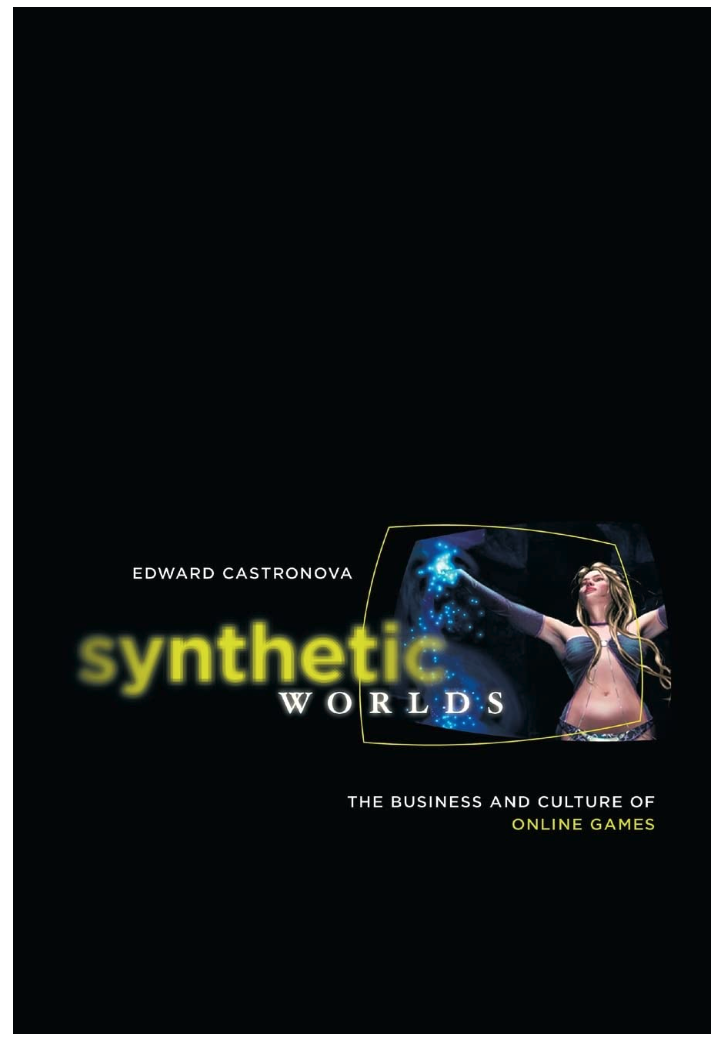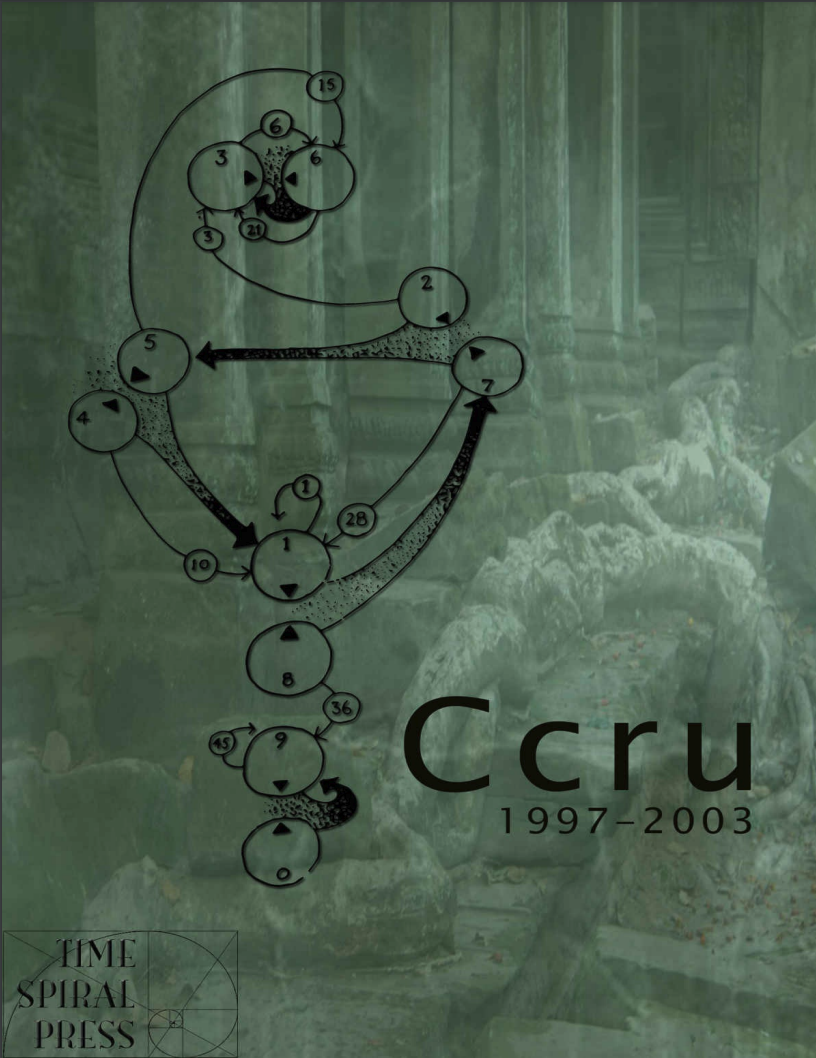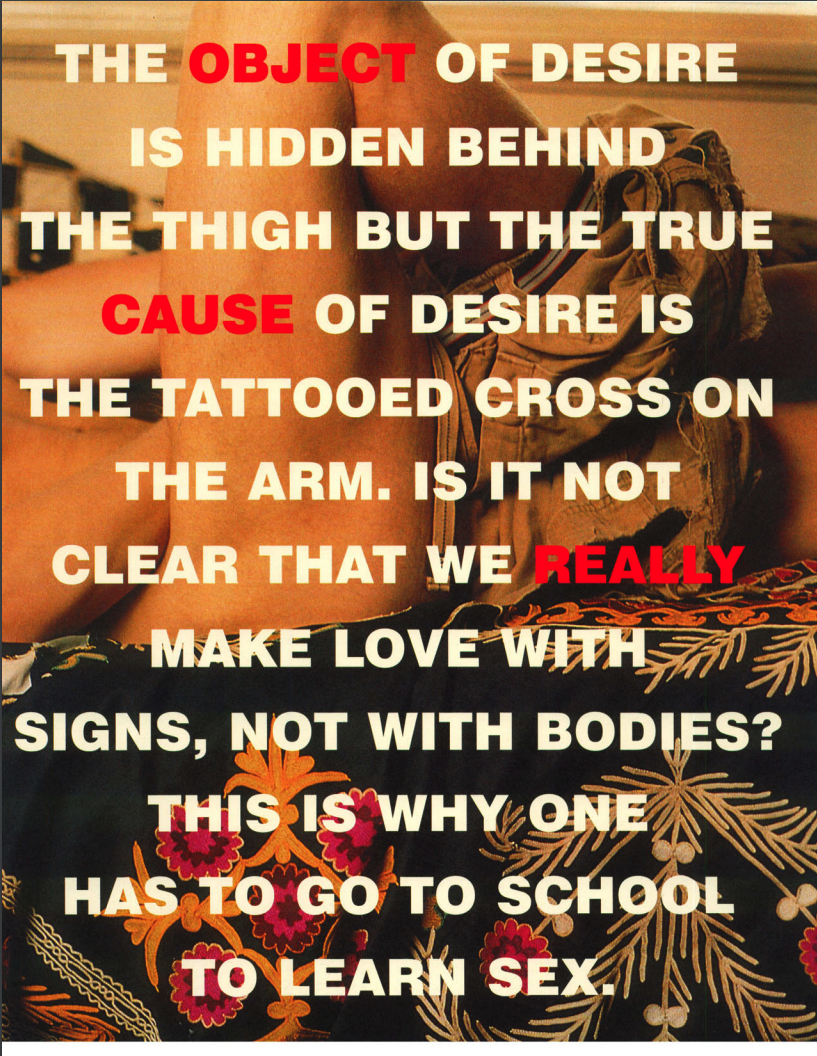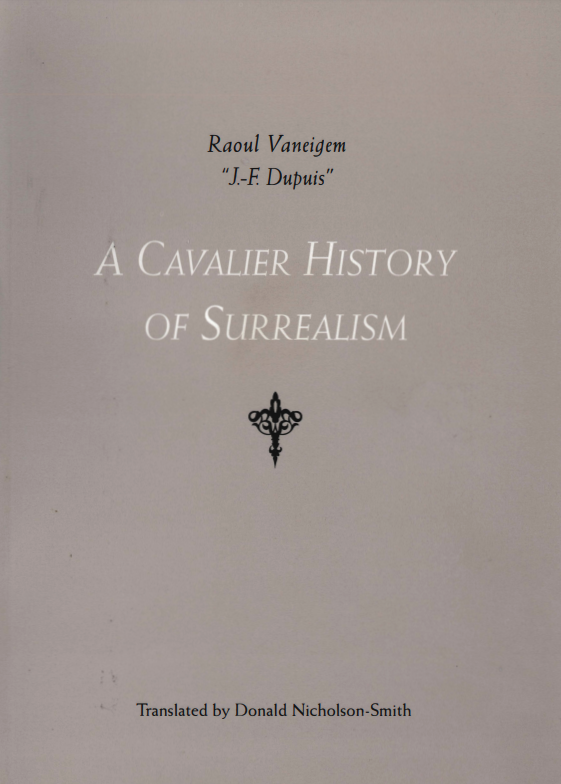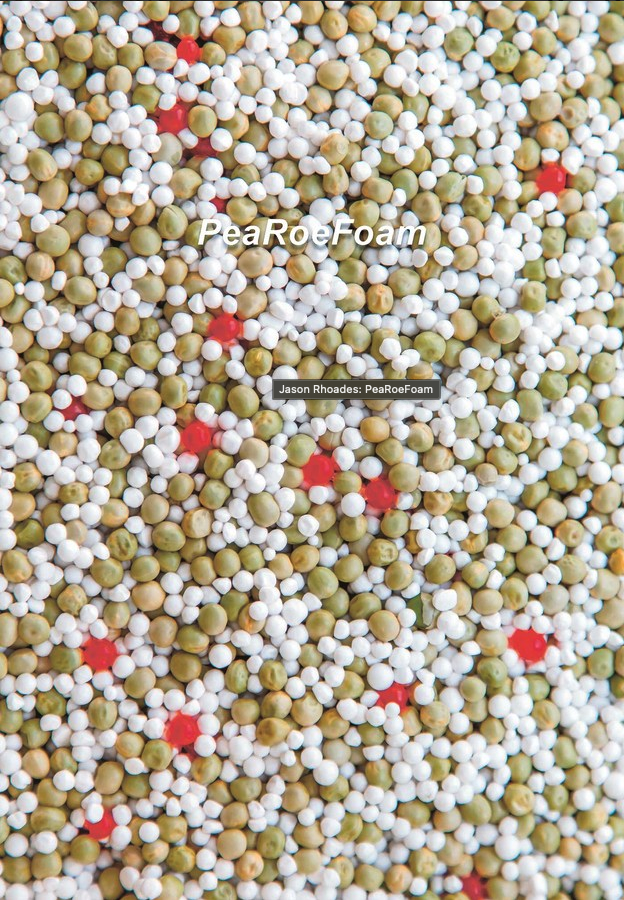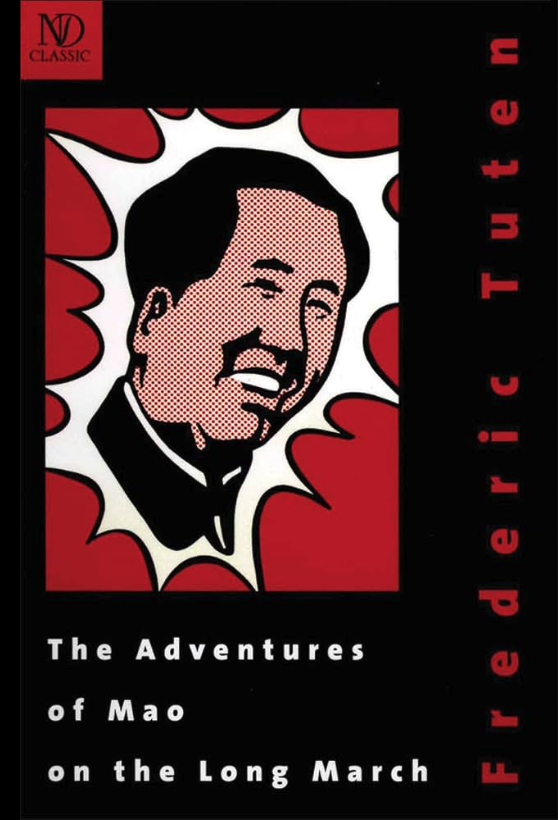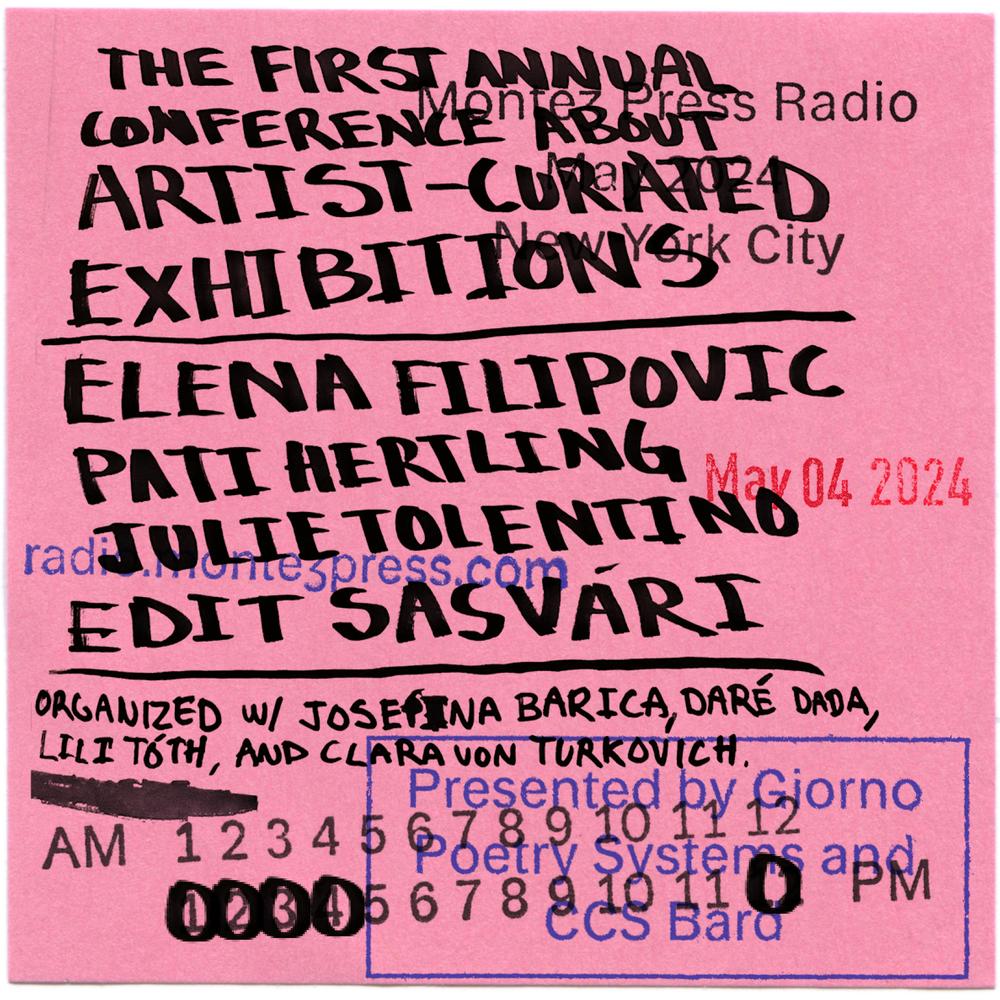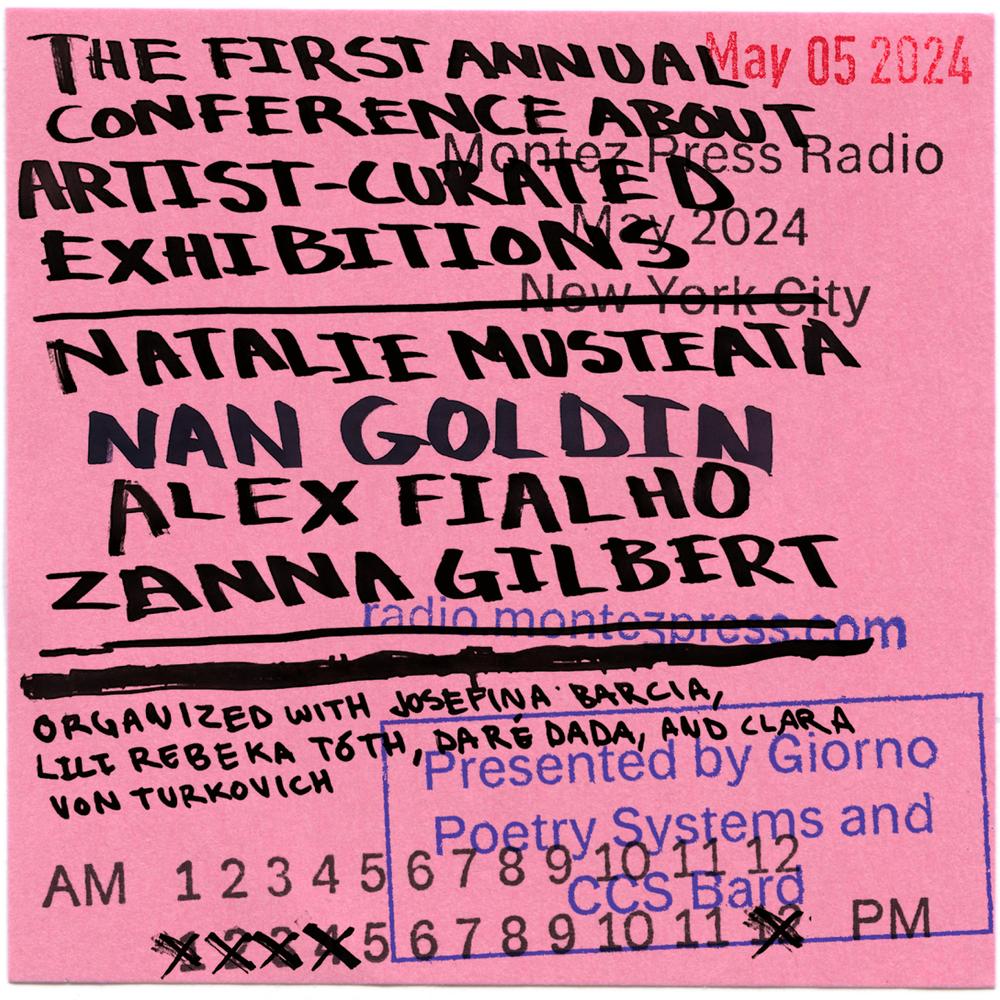Monday, July 8, 2024 by DJ Uncertain #art
Simon Denny and Dunkunsthalle
Show'n'tell radio with Simon Denny and Rachel Rossin where two old friends dust off gems from their libraries.
Links to some of the things they talk about:
➚Synthetic Worlds: The Culture of Online Games, on early online gaming economies
➚Cybernetic Culture Research Unit writings, The Tale of The Frog People (page 107)
➚Abercrombie & Fitch Quarterly Back to School Catalog, copy by Slovaj Zizek
➚Mike Smith talks to Mike Kelly about Mike and then they continue the discussion ➚21 years later
➚ A Cavalier History of Surrealism
➚Jason Rhoades The Impetuous Process, My Special Purpose and The Liver Pool
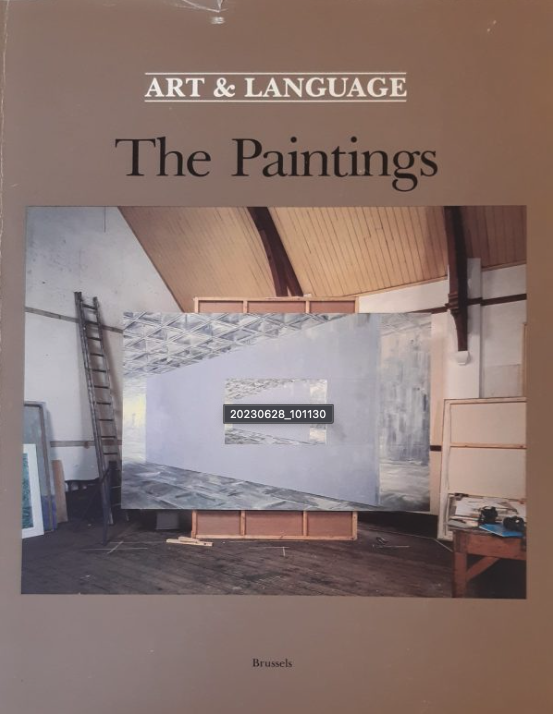
➚Art and Language: The Paintings➚.
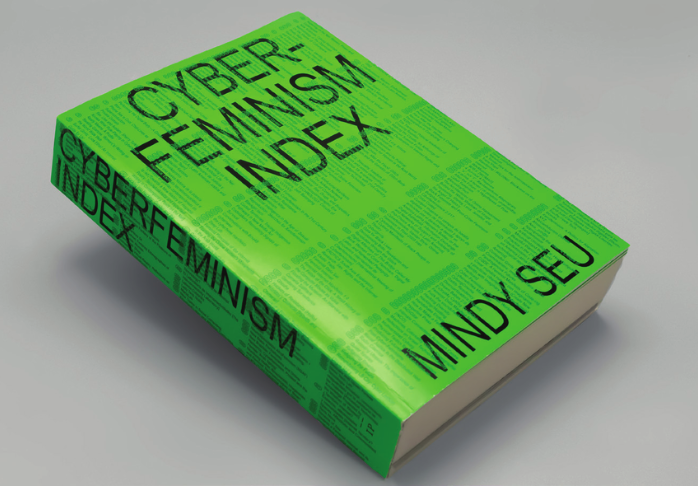
➚The Cyber Feminism Index By Mindy Seu
➚The Adventures of Mao on the Long March
➚The Plot Against The King and an ➚article on it
Monday, July 1, 2024 by DJ Uncertain #radio plays
JERKER
JR and BERT are San Francisco f*ggots. They have never met. They don’t know each other’s names, what they look like or where they live. They do know how to turn each other on.
JERKER begins with a dirty phone call. But, over the many nights that follow, as their friends and lovers fall sick and die, the men come to share their fantasies, hopes and fears about an increasingly uncertain and frightening future.
Robert Chesley was a San Franciscan playwright, critic, and gay rights activist who used his theatre to celebrate sexual liberation and dramatise the toll of HIV/AIDS on the queer community. ‘Jerker, or the Helping Hand’, written in 1986, is his masterpiece.
Syrus Lowe, Adam Silver and Ms Sharon Le Grand star in this intimate rehearsed reading, directed by Alastair Curtis with costume by Max Allen and Elliott Adcock and music by Helen Noir.
Listen here:
Monday, June 24, 2024 by DJ Uncertain #art
THE FIRST ANNUAL CONFERENCE ABOUT ARTIST-CURATED EXHIBITIONS
Head to the archives to listen to our broadcast of a two day symposium from Giorno Poetry Systems on Artist Curated Exhibitions with
➚Day 1:
Elena Filipovic
Pati Hertling
Julie Tolentino
Edit Sasvári
➚Day 2:
Natalie Musteata
Nan Goldin
Alex Fialho
Zanna Gilbert
In her 2017 anthology titled The Artist as Curator, the curator and art historian Elena Filipovic asks a seemingly simple question: what happens to exhibitions when artists are the curators? Here they try to answer.
When artists curate, not only do they share their perspectives on the work of their peers, but they tend to propose different ideas about what an exhibition is for and what it can do. A closer look at a history of artist-curated exhibitions could bring significant insights to the field.
From a young buck who I've lost touch with's syllabus to yours here's, Filipovic's 2018 edited, The Artist As Curator, An Anthology:
➚https://studioell.org/wp-content/uploads/2020/09/filipovic_the-artist-as-curator.pdf
Tuesday, June 18, 2024 by DJ Uncertain #interviews
Jay Bulger and Shannon "The Cannon" Briggs
Shannon The Cannon Briggs, the two time golden gloves heavy weight champion of the world, and the boxer/filmmaker Jay Bulger talk about how they got into boxing, fighting the University of Miami football team, hanging with OJ Simpson, The Cannon's recent street fight with Mike Tyson, starting gyms for the youth in Brownsville and in The Bronx, and ultimately about friendship.
Watch it all here or find it in our archive here:
Monday, June 10, 2024 by DJ Uncertain #music
d.o.t. Beat Detectives, Lilic, Triple Promise
More in a series brought to you by guest curator, ➚d.o.t. Audio Arts. Listen ➚HERE to the live performance from HQ@46 Canal. The tricky tapestry of cool not-nervous ticks and wobs from the detectives of beat was hard indeed so stay tuned to the end or cheat code:
Monday, June 3, 2024 by DJ Uncertain #technology #art
Dark Forests with Yancey Strickler / Metalabel with Joshua Citarella
"Imagine a dark forest at night. It’s deathly quiet. Nothing moves. Nothing stirs. This could lead one to assume that the forest is devoid of life. But of course it’s not. The dark forest is full of life. It’s quiet, because night is when the predators come out. To survive, the animals stay quiet.
Is our universe an empty forest or a dark one? If it’s a dark forest, then only Earth is foolish enough to ping the heavens and announce its presence. The rest of the universe already knows the real reason why the forest stays dark. It’s only a matter of time before the Earth learns as well.
This is also what the internet is becoming: a dark forest.
In response to the ads, the tracking, the trolling, the hype, and other predatory behaviors, we’re retreating to our dark forests of the internet, and away from the mainstream."
Dark Forest Anthology of the Internet, is a book about how to survive on the internet. It’s about the cozy web, the dark web, the dark forest, the clear net, the dark net, and a new social world emerging around us. On this show, Josh Citarella and Yancey Strickler talk about the effect of those things on how we exchange art at a time when faith in old institutions dwindles and we struggle to build new ones.
The Anthology contains:
— The Dark Forest Theory of the Internet by Yancey Strickler — The Extended Internet Universe by Venkatesh Rao — The Dark Forest and Cozy Web by Maggie Appleton — Chapel Perilous by Peter Limberg and Rebecca Fox — We Need New Platforms to Tell New Stories by Joshua Citarella — Proof of Vibes by Leith Benkhedda — Moving Castles by Arthur Röing Baer and GNV908 — The internet didn’t kill counterculture; you just won’t find it on Instagram by Caroline Busta — The Expanding Dark Forest and Generative AI by Maggie Appleton — Holographic Meda by Caroline Busta and Lil Internet — The Post Individual by Yancey Strickler
➚Buy the book or download the PDF here
➚Read The Dark Forest Theory of The Internet by Yancey Strickler
See a great example of this and thinking of this at Josh Citarella's publishing platform, ➚Do Not Research
Listen on ➚Montez Press Radio
Monday, May 27, 2024 by DJ Uncertain #music
Drumloop, Pent, and Die Mercer Limiting Mindset Album Release
➚Out now on Psychic Liberation
Listen to the record release with Die Mercer and Pent on➚ Montez Press Radio

